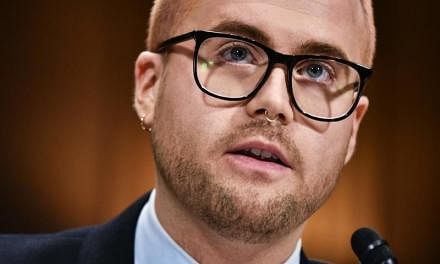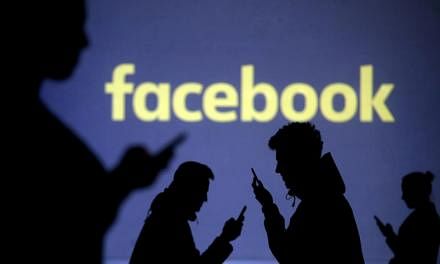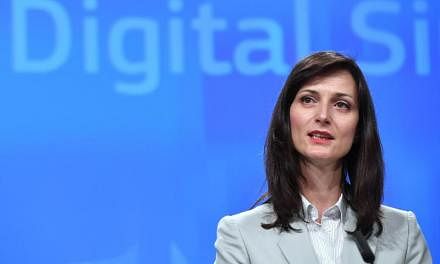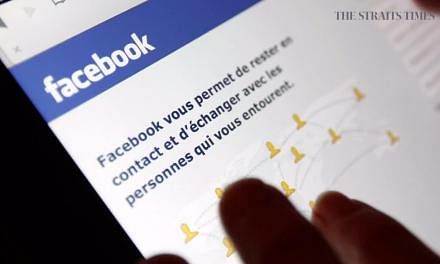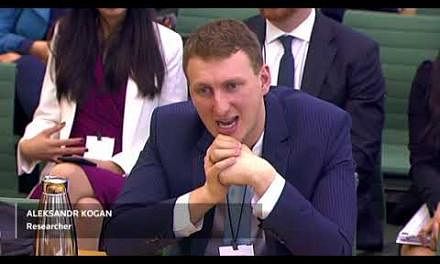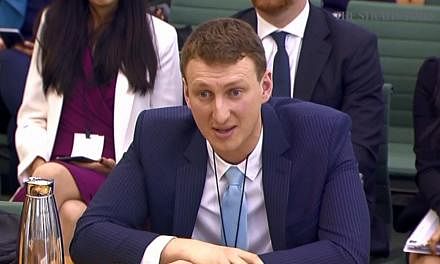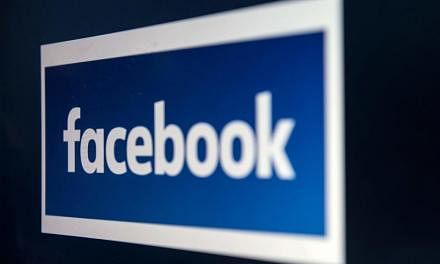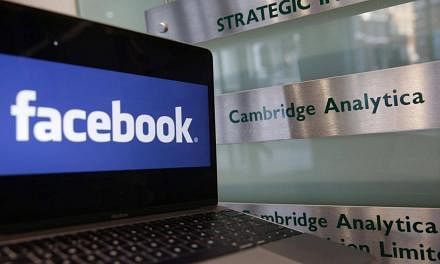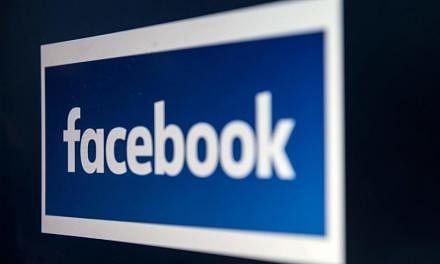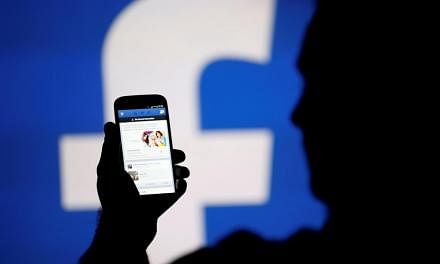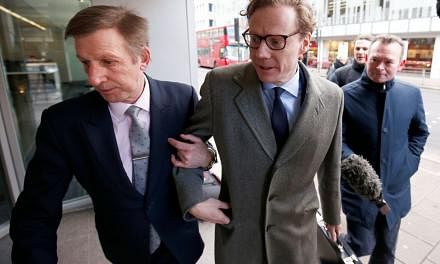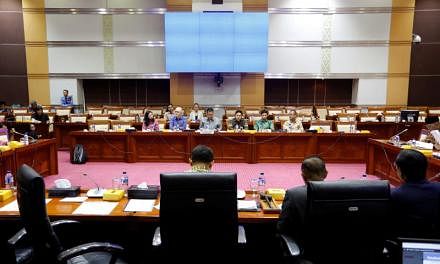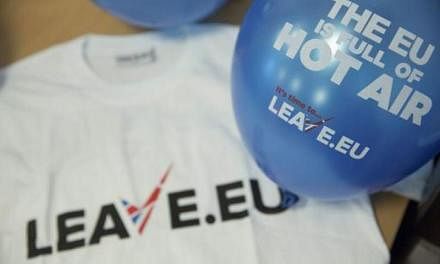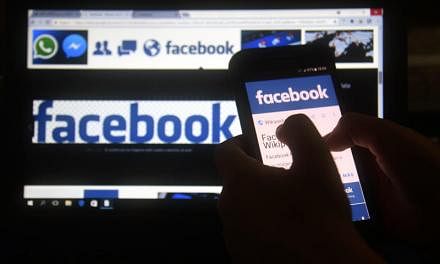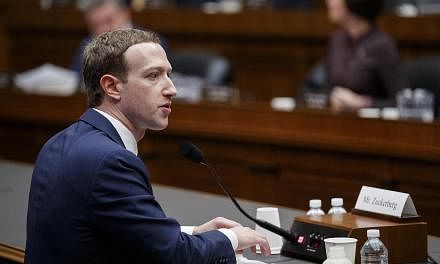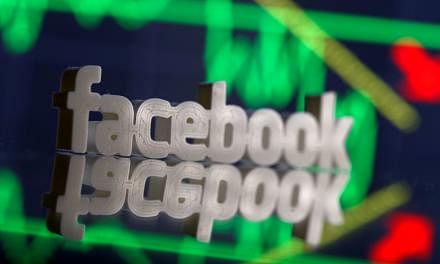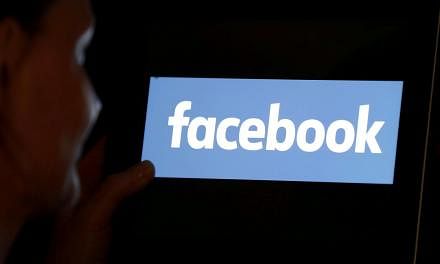LONDON • A deepening data breach scandal involving Facebook and Cambridge Analytica has shed light on the dark art of online political advertising and how powerful it has become in recent years.
Essentially, it boils down to what is known as "behavioural microtargeting" - individualised advertising, to put it simply.
Rather than assuming that all women or African Americans or working-class whites will respond to the same message, such ads are customised to tug on emotional biases of individual voters.
Any candidate using Facebook can put a campaign message promising one thing in front of one group of voters, while simultaneously running an ad with a completely opposite message to a different group of voters, reported The Guardian.
The ads themselves are not posted anywhere for the general public to see (this is what is known as "dark advertising"), and chances are, no one will ever be the wiser.
That undermines the very idea of a "marketplace of ideas", Ms Ann Ravel, a former member of the Federal Election Commission who has long advocated stricter regulations on digital campaigning, was quoted as saying by The Guardian.
"The way to have a robust democracy is for people to hear all these ideas and make decisions and discuss," Ms Ravel said. "With microtargeting, that is not happening."
Mr Brad Parscale, the brain behind Mr Donald Trump's Facebook advertising operation during the 2016 presidential campaign, claims he typically ran 50,000 to 60,000 variations of Facebook ads each day during the campaign, all targeting different segments of the electorate.
This is where data analytics firms like Cambridge Analytica come in.
Cambridge Analytica has built models that translate the data it harvests into personality profiles for every American adult.
New reporting by the Observer has revealed that the firm obtained Facebook data harvested under the auspices of an academic study, and then used that data to target millions of US voters based on their psychological weaknesses.
"We exploited Facebook to harvest millions of people's profiles," whistleblower Christopher Wylie told the Observer. "And built models to exploit what we knew about them and target their inner demons."
A 2016 Bloomberg article quoted Mr Parscale and his staff telling reporters that they used Facebook ads to target Mrs Hillary Clinton's supporters with messages designed to make them sit the election out.
In past interviews with Reuters, Mr Parscale, who was named President Trump's 2020 re-election campaign manager last month, has said, however, that Cambridge Analytica played a minor role as a contractor in the 2016 campaign. He said the campaign used voter data from a Republican-affiliated organisation rather than Cambridge Analytica. He declined to comment last Friday.


